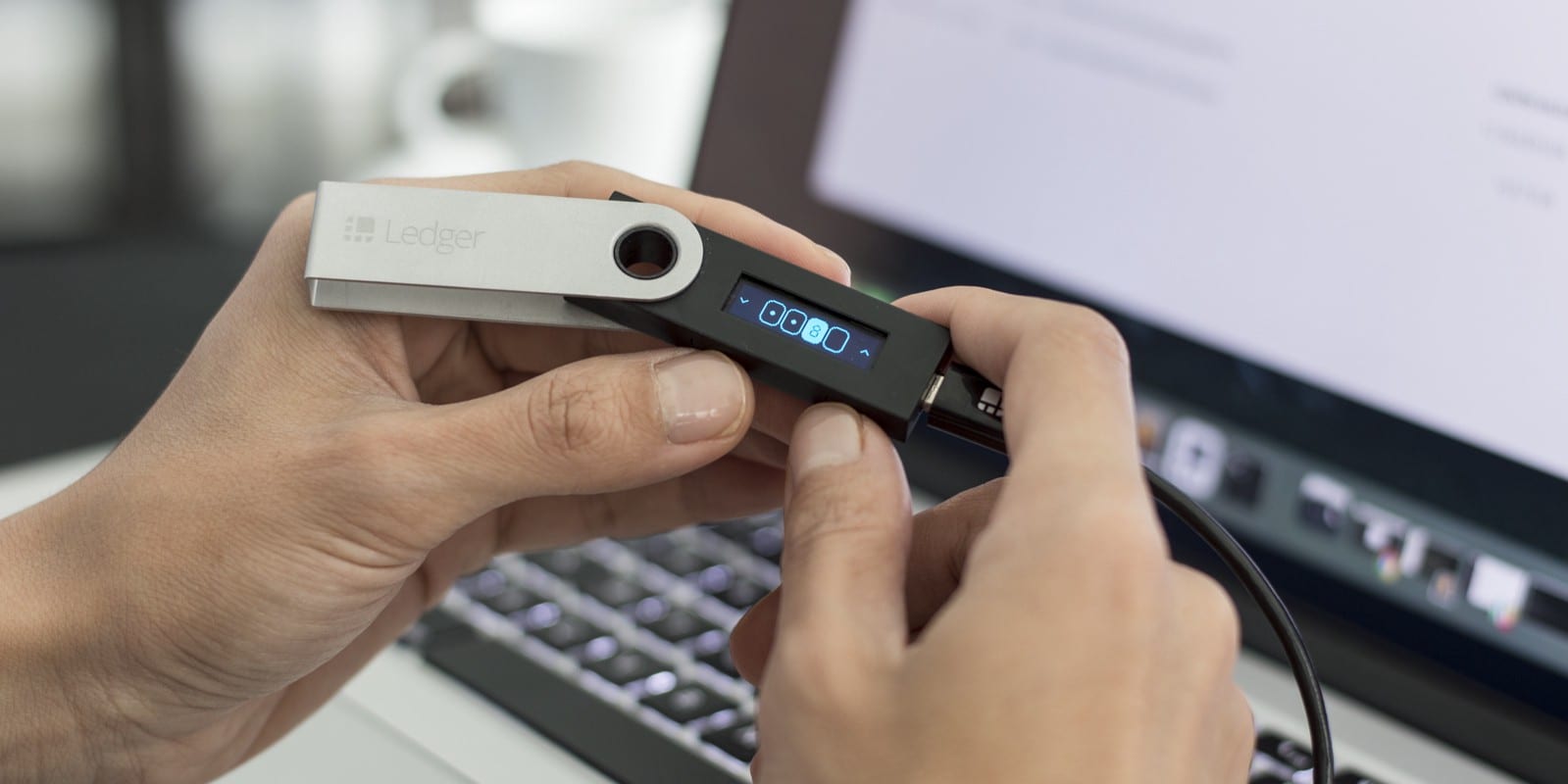Safeguard Your Cryptocurrency Wallet - Stay Safe from Hacking
There is no denying how quickly cryptocurrency has gone mainstream. However, with increased mainstream popularity comes an increased risk of hacking and theft. It is essential to safeguard your cryptocurrency wallet and stay safe from crypto hacking to protect yourself against potential losses. In this blog post, I will discuss how you can do just that!
You all already know about Bitmart hacking incident. Another recent story of a crypto hack that occurred was the hacking of Coincheck, a Japanese cryptocurrency exchange. The hackers managed to steal $530 million worth of NEM coins from the exchange. And if you check my previous blog, you'll see how I lost around $4k in Metamask. (Sad Emoji)
These are just examples of how easy it is for hackers to gain access to your cryptocurrencies and steal them. If you want to safeguard your cryptocurrencies and protect yourself from being hacked, then follow these tips:
Cryptocurrencies are stored on blockchain networks that are decentralized by nature. This means that there is no one single place where your cryptocurrencies can be found, as they exist on the network itself and not within a wallet or device specifically. In order to transfer these funds from one blockchain address (wallet) to another, you'll need access to your private key in order for it to carry out this transaction successfully.
Newer security measures also allow users the ability to set up two-factor authentication (also known as 'multi-factor authentication). These work via either text messages or email addresses, whereby any login attempt will require access to both pieces of information before entering into someone's account - thus making it far more difficult for hackers!
Enable two-factor authentication (two-factor authentication). Two-factor authentication is a form of multi-factor authentication that requires a password and username and something you have on hand (like an access code sent via text). This makes it harder for hackers to gain unauthorized access.
Keep your private keys on an offline storage device (cold storage). A cold storage wallet is a cryptocurrency wallet that isn't connected to the internet. This reduces exposure to hacking, malware, and keyloggers since everything you need for access is right there on your offline hardware device. You can store your private keys on an external USB drive or even write them down manually (on paper) for extra security.
When creating a wallet, choose an offline computer that isn't connected to the internet. Use your personal laptop or computer when making transactions online - this ensures you are protected from being hacked while surfing for information on how to create crypto wallets. You can also download official apps for either Android or iOS devices which offer secure connections and encryptions of data transmitted back and forth between smartphones/tablets and PCs/laptops.
Create strong passwords. Make sure your cryptocurrency wallet's login credentials are secure by creating tough-to-crack, unique passwords, using a combination of capital and lowercase letters, numbers, and special characters. Utilize a password manager like LastPass or Dashlane to generate, store and manage complex passwords that are unique for every crypto exchange. Password managers reduce how often you use the same simple password.
Protect your computer with powerful antivirus software. It's essential to protect your computer from viruses that could lead you to unintentionally download malware or keyloggers onto it. Antivirus programs like Avast are great options for keeping your computer safe from common viruses.
Avoid using public Wi-Fi when making transactions. Hackers can use these networks to steal your information.
This brings us to another point: how do hackers actually gain access? Even if you take all precautions necessary to protect your passwords, there will always be cases where it is possible to hack into someone's account through their device itself (phishing attacks).
To avoid these hacking attempts, make sure only to download apps from verified app stores and double-check the website address before entering any login information.
In order for hackers to actually steal your cryptocurrencies, they need access to your wallet's private key. Without this key, it is impossible for them to transfer your funds elsewhere. This is why it is so important to keep your keys safe and secure - if you lose them, there is no way to get them back into your wallet! One method of doing this is by creating a number of different backups (hard copies) and storing them in different locations. You can also use password protection software which will encrypt and hide your key file, making it virtually impossible for anyone without the correct password to gain access.
I'll be happy if some of these tips help you to secure your wallet and funds. Stay safe out there!
Posted Using LeoFinance Beta

.jpg)

Dear @pitboy,
Do you mind supporting the HiveBuzz proposal for 2022 so our team can continue its work next year?
You can do it on Peakd, ecency, Hive.blog or using HiveSigner.
https://peakd.com/me/proposals/199
We wish you a Happy New Year!